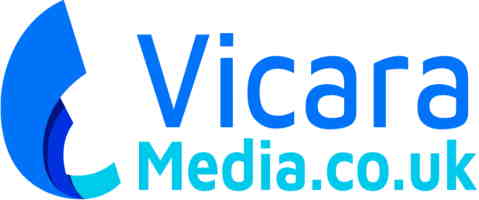In the dynamic landscape of education, innovative technologies continually reshape the way we learn and engage with content. One intriguing intersection lies at the junction of educational technology and slot entertainment. While it might seem unconventional, the principles and mechanics that drive slot games have been increasingly integrated into eLearning platforms, offering a unique approach to engagement and motivation for learners.
The Rise of Gamification in Education
Gamification involves incorporating game elements and mechanics into non-game contexts to enhance user engagement and motivation. In education, gamification strategies aim to make learning more enjoyable, interactive, and rewarding for students. By leveraging elements such as points, badges, leaderboards, and challenges, educators can create immersive learning experiences that resonate with modern learners.
Benefits of Gamification in Education
Gamification in education offers several compelling benefits:
- Increased Engagement: Games are inherently engaging and can capture learners’ attention more effectively than traditional teaching methods.
- Enhanced Motivation: By setting clear goals, providing instant feedback, and offering rewards, gamified learning environments motivate students to actively participate and progress.
- Improved Learning Outcomes: Gamification encourages active learning, problem-solving, and critical thinking, leading to better retention and understanding of concepts.
- Foster Collaboration: Many gamification techniques promote collaboration and teamwork among students, fostering a sense of community and shared learning experience.
The Integration of Slot Elements in eLearning
Leveraging slot Mechanics
slot games are designed to maximize engagement and excitement through various psychological techniques, including:
- Reward Systems: slots employ intricate reward systems, such as bonuses, jackpots, and loyalty programs, to keep players invested and coming back for more.
- Variable Rewards: The unpredictable nature of rewards in slot games, known as variable reinforcement schedules, triggers a powerful psychological response that compels players to continue playing.
- Progressive Challenges: Progressive challenges, where the difficulty gradually increases as players advance, maintain interest, and provide a sense of accomplishment.
Applying slot Mechanics to eLearning
Educational platforms have started incorporating elements inspired by slot mechanics to enhance user engagement and motivation:
- Points and Badges: Like in slot games, learners can earn points and badges for completing tasks, achieving milestones, or mastering concepts. These visual indicators of progress serve as immediate feedback and encourage continued participation.
- Leaderboards and Competitions: Introducing leaderboards and friendly competitions fosters a sense of competitiveness and encourages students to strive for excellence.
- Unlockable Content: Similar to unlocking levels in games, eLearning platforms can offer access to additional content or features as students progress, motivating them to explore further.
- Virtual Currency and Rewards: Implementing virtual currencies or rewards systems allows learners to redeem points for various incentives, such as bonus materials, certificates, or even tangible rewards.
Ethical Considerations and Potential Drawbacks
While gamification in education holds immense promise, it is essential to address potential ethical considerations and drawbacks:
- Risk of Addiction: Just as with slot judi bola games, there is a risk of students becoming overly reliant on extrinsic rewards, potentially overshadowing intrinsic motivation and genuine interest in learning.
- Inequity and Exclusion: Gamification strategies may inadvertently disadvantage certain students who do not respond well to competitive environments or who may face barriers to participation.
- Distraction and Overstimulation: Excessive gamification elements could overwhelm students or detract from the core educational content, leading to diminished learning outcomes.
- Privacy and Data Security: Collecting and utilizing data from gamified learning platforms raises concerns about privacy, data security, and the ethical use of learner information.
Conclusion
The convergence of educational technology and slot entertainment represents a fascinating frontier in modern pedagogy. By embracing gamification principles and carefully integrating elements inspired by slot mechanics, educators can create immersive learning experiences that captivate students and foster a deeper understanding of the material. However, it is crucial to approach gamification ethically, considering its potential impact on student motivation, engagement, and well-being. Ultimately, the eLearning jackpot lies not just in the thrill of the game but in the transformative power of engaged and empowered learners.

